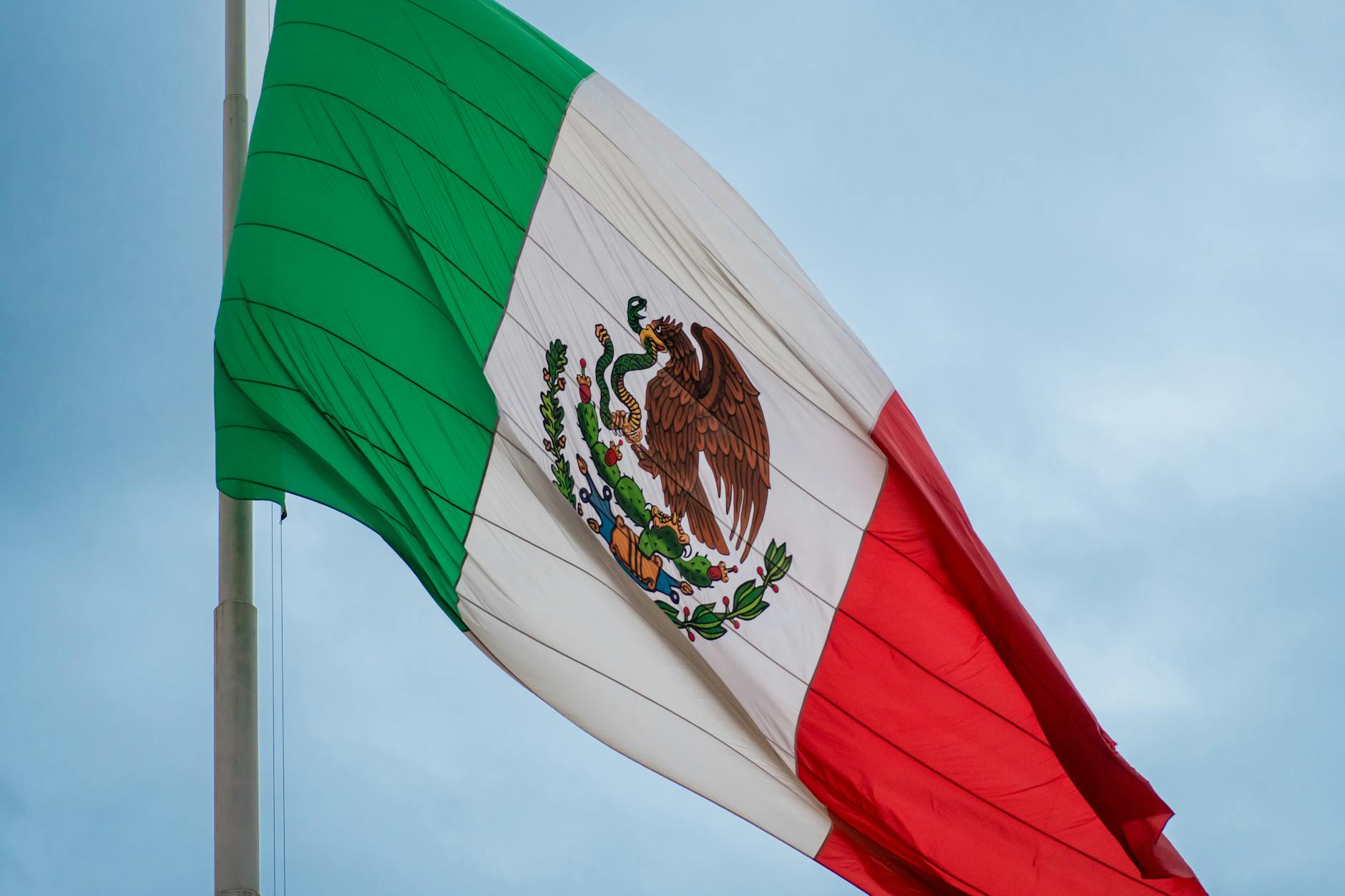Is Mexico's Democracy in Danger?

Let’s start with the good news, because it’s genuinely wonderful. On June 2nd, Mexico, a country often stereotyped for its culture of machismo, elected its first female president. Claudia Sheinbaum, a climate scientist and former mayor of Mexico City, didn't just win; she won in a landslide. It’s a historic moment, a shattered glass ceiling, and a powerful symbol of progress for a nation and a region.
Now for the part that should make everyone nervous.
Sheinbaum’s victory was so overwhelming that her ruling Morena party and its allies are on track to secure a two-thirds "supermajority" in both houses of Congress. This isn't just a political advantage. It's a constitutional cheat code. A supermajority gives a president the power to change the constitution at will, without needing a single vote from the opposition.
It’s a level of power that her mentor and predecessor, the populist Andrés Manuel López Obrador (AMLO), never had, even at his peak. And it raises a deeply uncomfortable question: in the process of making history, did Mexico just vote to endanger its own democracy?
Think about what this means. The Morena party’s long-held wish list of reforms, things that were previously blocked by constitutional checks and balances, are now suddenly on the table. Things like having Supreme Court justices elected by popular vote, a move critics say would politicize the judiciary and make it beholden to the president. Or eliminating independent regulatory agencies that are meant to provide oversight of government power.
For supporters of AMLO and Sheinbaum, this is a golden opportunity to finally dismantle a "corrupt, elitist" system and complete their "Fourth Transformation" of Mexico. For critics, it’s a five-alarm fire. They see the potential for a slide into a dominant-party system, where the institutions designed to hold the executive in check are systematically weakened or captured, leaving the president with something close to absolute power.
Sheinbaum herself is a study in contrasts. Unlike the folksy, charismatic AMLO, she is a measured, data-driven scientist. She ran a disciplined campaign, promising to continue AMLO’s wildly popular social programs—cash payments to the elderly, scholarships for students—while bringing a more technocratic approach to governance. It was a winning combination.
But she also inherits AMLO's biggest failure: the horrific, unending violence of the drug cartels. The government's "hugs, not bullets" strategy has been a disaster, and dozens of local politicians were assassinated during this very campaign. This is the crisis that will define her presidency.
So Mexico finds itself at a strange crossroads. It has just taken a huge leap forward in gender equality. But it may have also given its new leader the tools to take a huge step backward in democratic health. The hope is that President Sheinbaum, the scientist, will use her immense power to solve the country's deep-seated problems. The fear is that the concentration of power itself is the problem.
